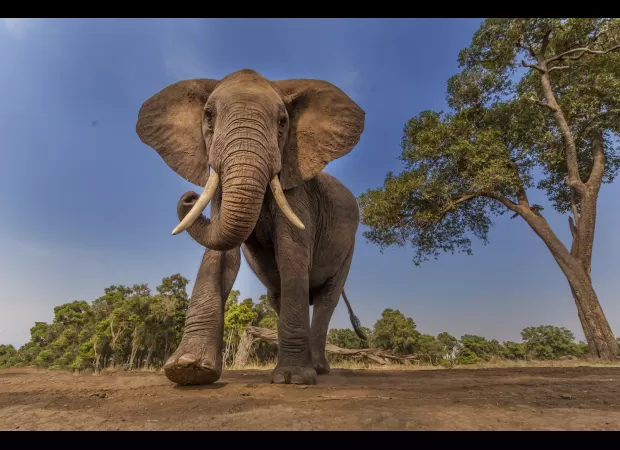AI can interpret elephant communication, and it's surprisingly human-like.
They will remember it forever.

They will remember it forever.
56 Views


